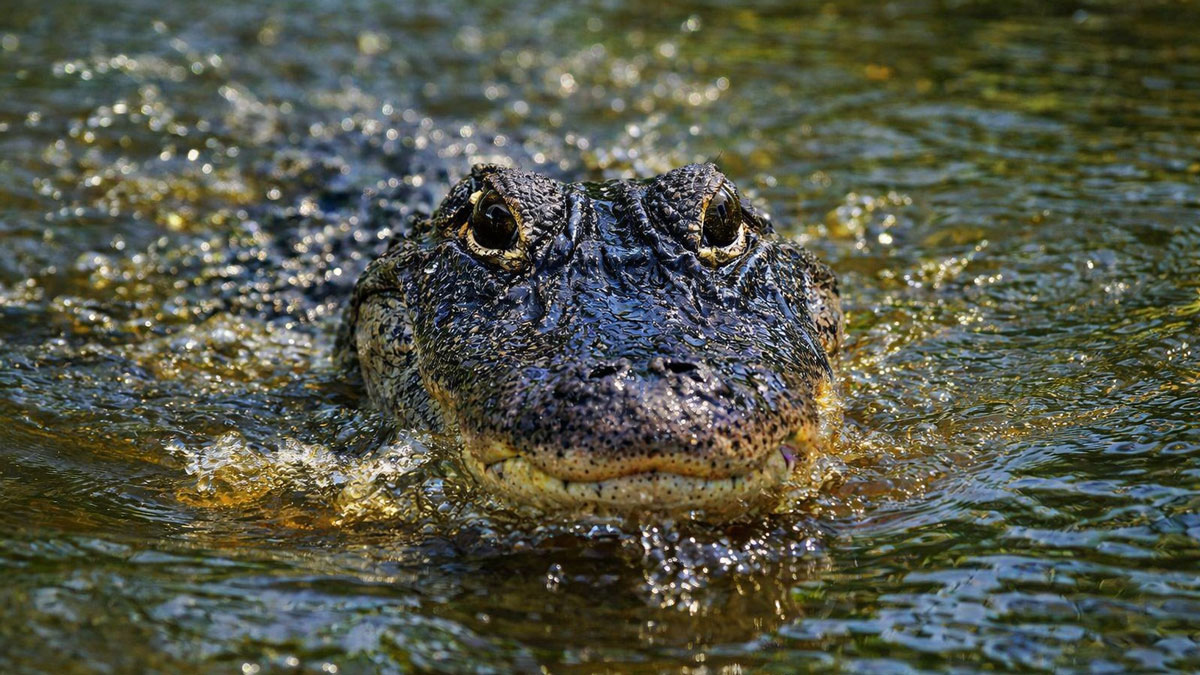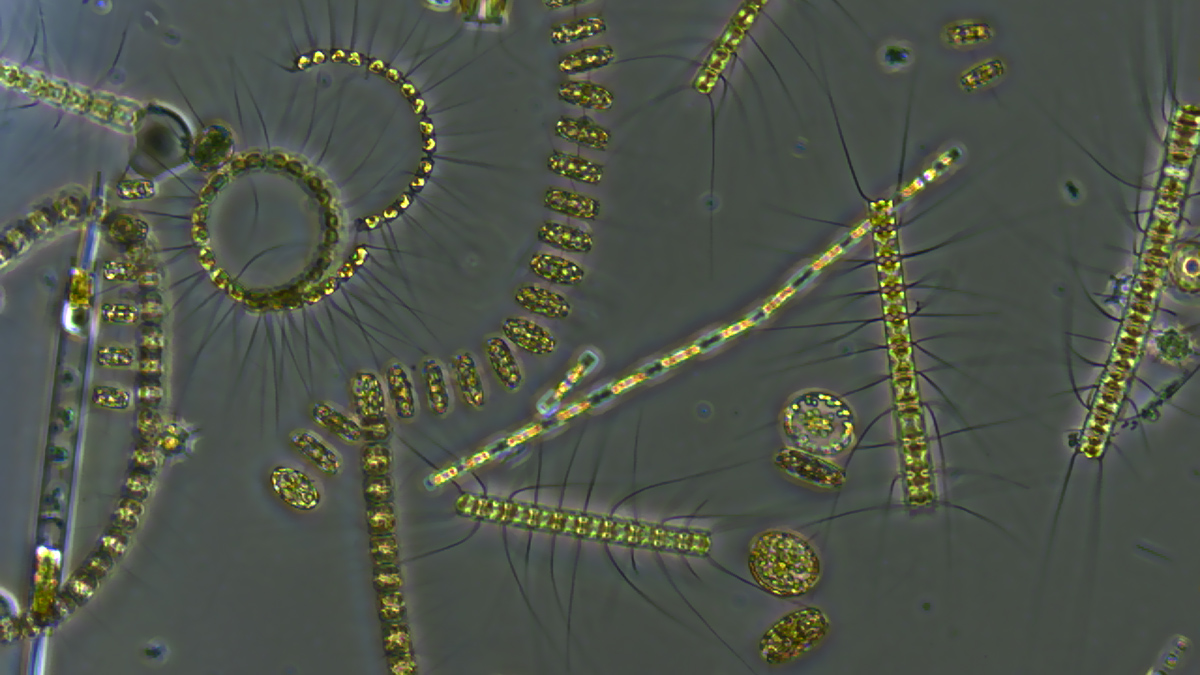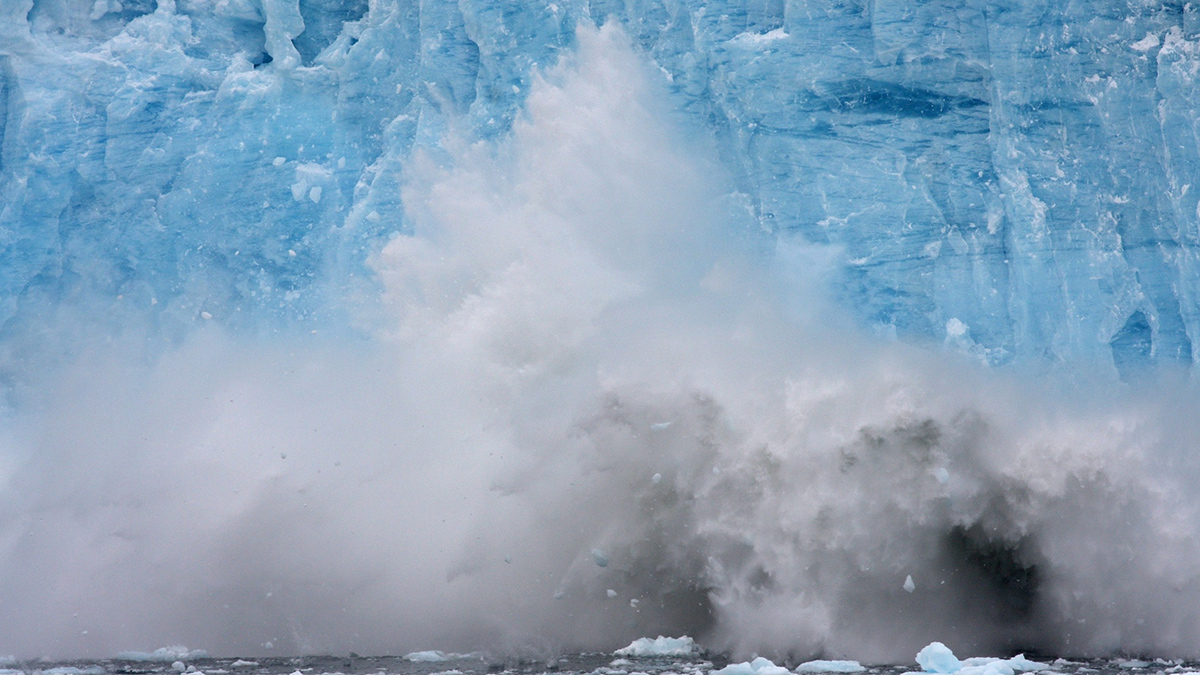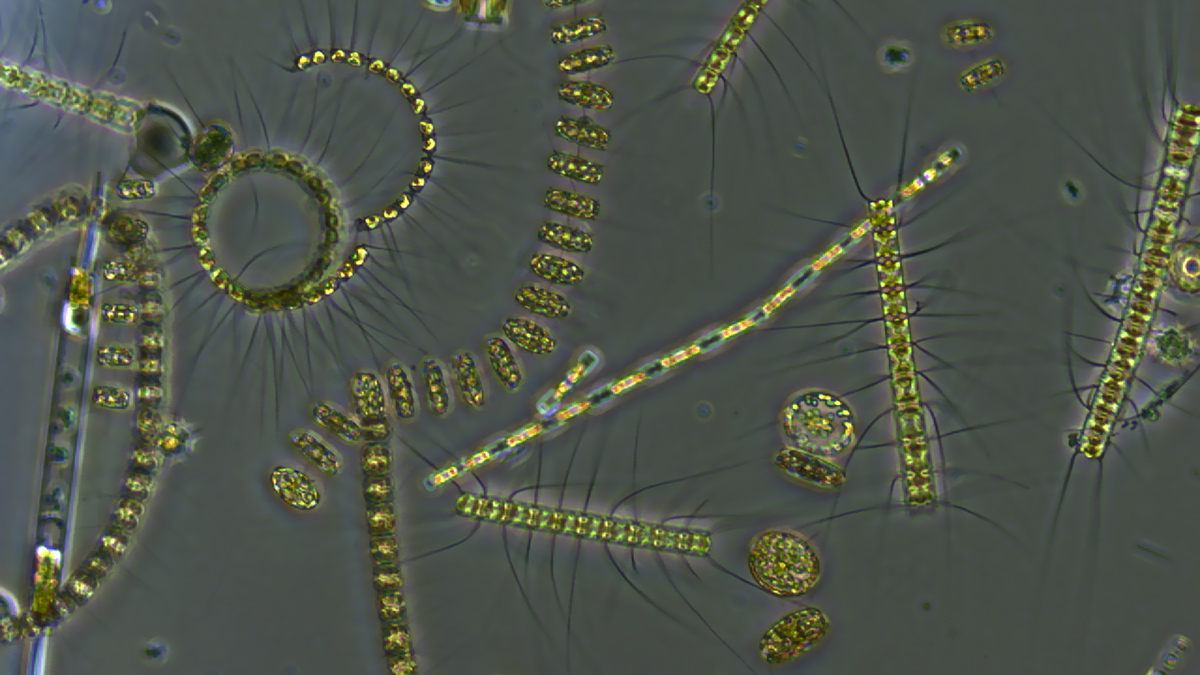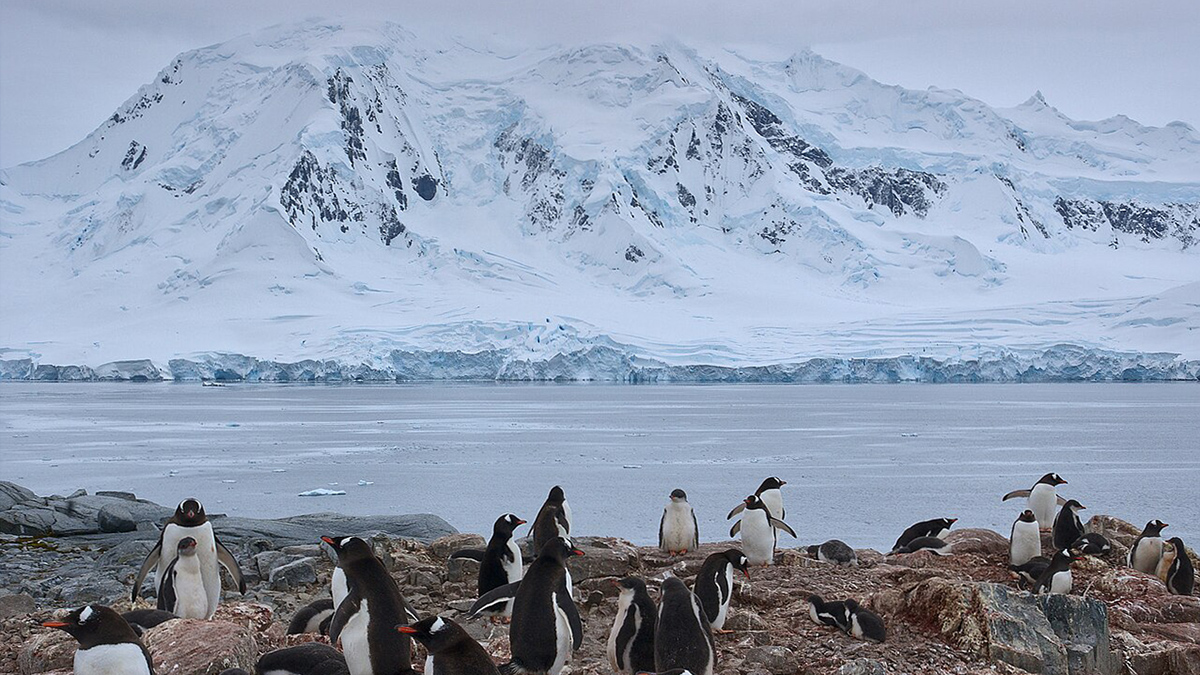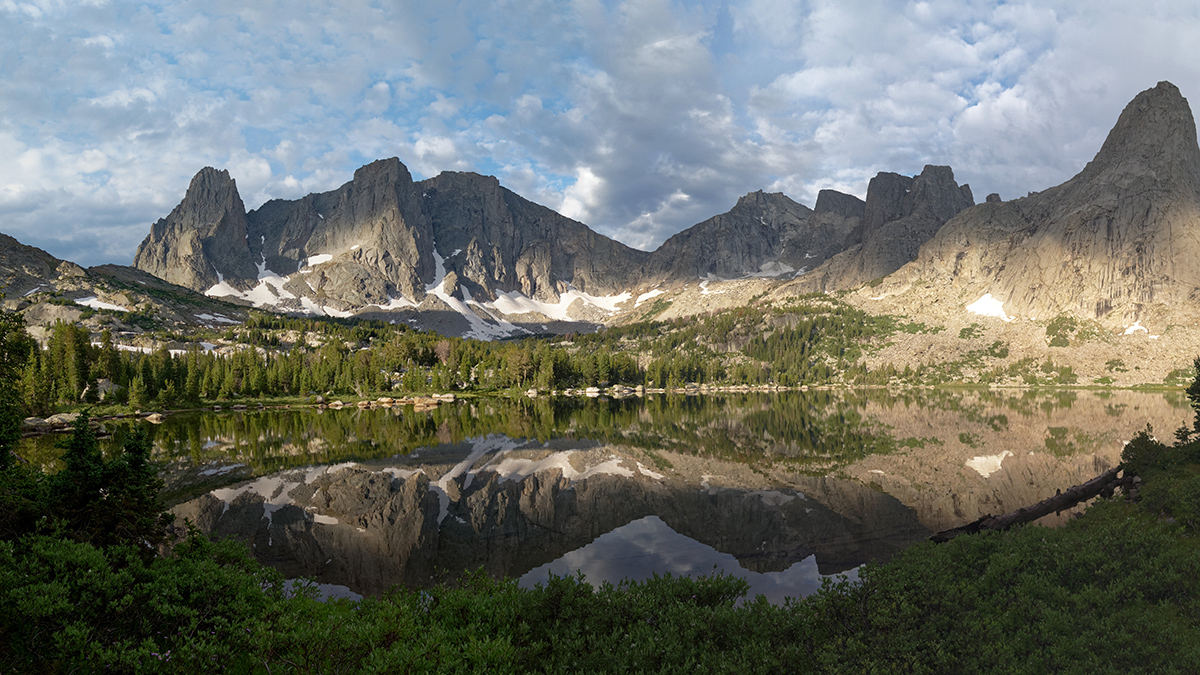Research suggests that American alligators help coastal wetlands retain more carbon, linking predator recovery in the southeastern United States to ecosystem function and climate processes.
food webs
Las olas de calor marinas lentifican el flujo de carbono de los océanos
Cuando el plancton se encuentra en agua caliente, la materia orgánica se estanca en la superficie e interrumpe el transporte de carbono hacia el fondo océanico.
Glacier Runoff Becomes Less Nutritious as Glaciers Retreat
Sediment from retreating, land-terminating glaciers contains proportionally fewer micronutrients such as iron and manganese, reducing the glaciers’ value to microorganisms at the base of the food web.
Marine Heat Waves Slow the Ocean’s Carbon Flow
When plankton find themselves in hot water, organic matters stalls at the surface and disrupts transport of carbon to the deep ocean.
Where Do Antarctic Submarine Canyons Get Their Marine Life?
A new study investigates how much of the phytoplankton in the Palmer Deep submarine canyon is homemade and how much is delivered.
El ADN de los sedimentos lacustres revelan el impacto de los peces introducidos
La trucha no nativa ha alterado la diversidad del zooplancton que habita en los lagos de gran elevación.
DNA in Lake Sediment Reveals the Impact of Introduced Fish
Non-native trout have altered the diversity of zooplankton that live in high-elevation lakes.
Hungry Stingrays Shift Serious Amounts of Sediment
While digging for food on estuary bottoms, rays push around literally tons of sediment, changing their habitat in profound ways.
Toxic Metal on the Rise in the Baltic Sea
Postwar reconstruction is likely the cause of elevated thallium levels, but low-oxygen, high-sulfide conditions keep the material, which is extremely dangerous to mammalian health, from moving into the human food chain.
Arctic Warming Triggers Abrupt Ecosystem Shift in North America’s Deepest Lake
Great Slave Lake’s huge cold water mass shielded it from impacts of the rapidly warming climate—until now.

